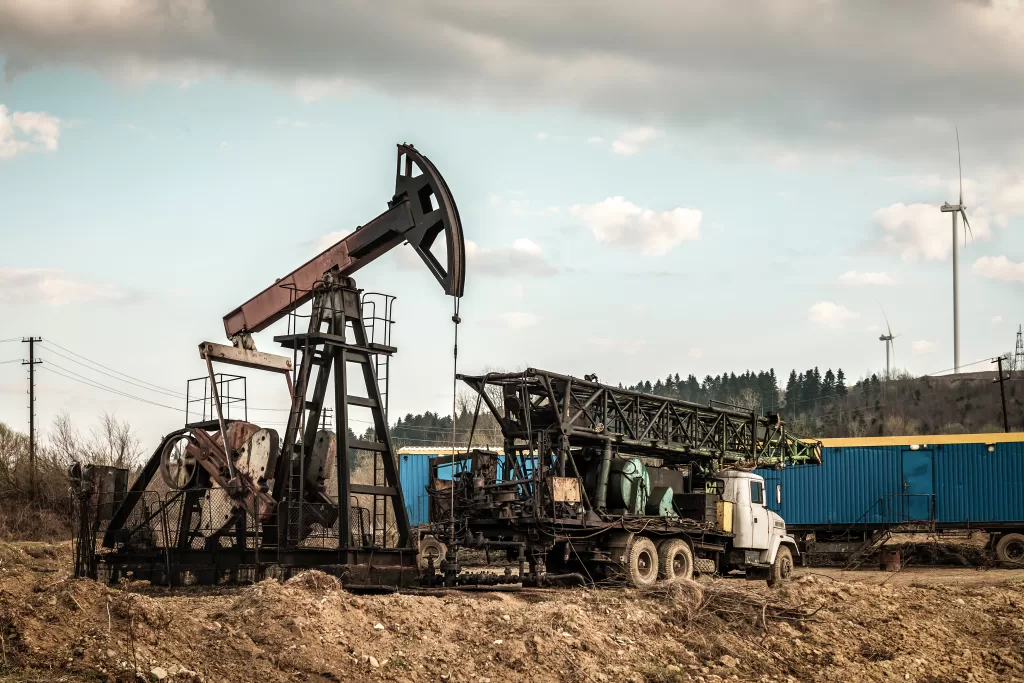Fossil Fuel Advantages
Fossil fuels have been the primary source of energy for human activities since the industrial revolution. Despite their plentiful availability, they are gradually becoming more unpopular due to their environmental costs. Nevertheless, there are still many advantages to using fossil fuels that make them a viable option in certain cases. This article will explore fossil fuel advantages and discuss why they can be beneficial in.

Fossil Fuels
Fossil fuels have been a major part of our energy sources for decades. But what exactly are fossil fuels? Let’s break it down. Fossil fuels are essentially the remains of ancient organisms, such as plants and animals, that lived thousands of years ago. These remains were then exposed to extreme pressure and heat over hundreds or thousands of years, resulting in the formation of fossil fuels deep within the Earth’s surface. Fossil fuels are a non-renewable source of energy, meaning they cannot be replenished once used up. The most common types are coal, oil and natural gas – all which have to be extracted from underground before being burned to create energy in many situations like powering vehicles and generating electricity for homes and businesses.
Energy Density
Why are fossil fuels so popular? One major factor is the energy density they provide. Fossil fuels contain a much higher amount of energy per unit mass than any other known fuel source, making them ideal for industrial use and transportation.
The chemical makeup of fossil fuels is also beneficial to their usage as an energy source. Most fossil fuels are made up of hydrocarbons like methane or petroleum, which when burned create a large amount of heat and chemical byproducts that can be used in various ways. For example, burning natural gas produces water vapor and carbon dioxide, while burning petroleum creates carbon dioxide and sulfur oxides that can be used in manufacturing processes. Some companies who gather fuels like oil and gas that we so heavily rely on might even work with someone like this company offering acid pumping Alberta to enhance the hydrocarbons production from reservoirs and maintain productivity over time.
Cost Efficiency
Fossil fuels have been used as a source of energy for hundreds of years, and they remain one of the most cost-efficient ways to power homes and businesses today. They are relatively inexpensive compared to other forms of energy production, making them attractive in terms of price. Additionally, they are more plentiful than some renewable energy sources such as solar or wind power. As a result, many companies turn to fossil fuels when looking for an affordable way to generate electricity.
Availability
Fossil fuels are more available than renewables, and this has been a long-running debate. They are abundant in nature and easy to access, while renewables require more effort to produce energy. Fossil fuels like oil, coal, and natural gas have formed due to the decomposition of ancient plants and animals. The extraction process is easier as they are present in concentrated deposits making them cheaper sources of energy.
Renewable sources such as solar power, wind power or geothermal energy cannot be extracted with the same ease as fossil fuels. As renewable resources vary based on geographical locations, it makes them hard to come by. This is why we rely so heavily on fossil fuels for our energy needs. Additionally, using these sustainable sources of power often requires advanced technology. This is something not all countries can afford yet.
Reliability
Fossil fuels have been a reliable source of energy for centuries and are still the leading fuel source today. They provide steady, reliable energy at an affordable cost to people all over the world. This affordability and reliability come with some drawbacks, however. Burning fossil fuels releases carbon dioxide into the atmosphere which contributes to environmental problems.
Despite these issues, fossil fuels remain the most commonly used energy source in many parts of the world due to their availability, affordability, ease of use and ability to generate large amounts of power quickly. Fossil fuels can also be stored easily for extended periods of time without any loss in quality or potency. This makes them very reliable sources of energy since they can always be relied on when needed most.
Final Thoughts: Benefits of Fossil Fuels
Fossil fuels have been a major source of energy for centuries, and their benefits are still evident in the modern world. From powering our homes and businesses to providing fuel for transportation, fossil fuels provide an essential resource for keeping our lives running smoothly. But there are some other benefits as well that shouldn’t be overlooked.
By utilizing fossil fuels, countries can create jobs and economic opportunities in the energy sector. This helps boost local economies by creating both short-term and long-term employment opportunities. Additionally, they help ensure the continued development of necessary infrastructure such as roads, bridges and power lines used to transport resources around the world.
Finally, fossil fuels are relatively affordable compared to other sources of energy like solar or wind power. This makes them more accessible to people who might otherwise be unable to afford alternative sources of energy due to cost constraints or limited access.






